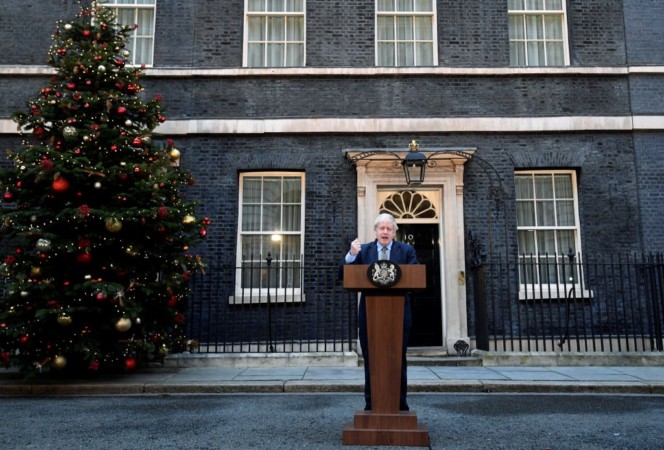It is just the sort of script one might expect from Boris Johnson, one of the most enigmatically fascinating personalities of our times.
Prime Minister Johnson – who famously craves both public attention and a place in history – won the former and a shot at the latter through a British election victory this week that was the most convincing conservative victory since Margaret Thatcher in 1987. To save the United Kingdom itself, however, he must reverse course, or at least amend direction, on much of what he has said and done to win in the first place.
I opposed Brexit on economic and political grounds yet, at the same time, Johnson might have the political flexibility, the intellectual chops and the Churchillian ambition to confound his critics along the five lines of action he must simultaneously pursue to find his historic place.
- Most importantly, he’ll have to negotiate a “no-tariffs, no-quotas” trade deal by end-2020 with a European Union that he has disparaged, knowing that it by some distance is the UK’s major trade partner.
- Second, he will have to rapidly restore external economic confidence in a country that has been suffering disinvestment, an economic slowdown, and doubts about its continued role as a European and global financial hub.
- Third, he should still aspire to get a trade and investment deal with an impeachment-distracted President Trump. At the same time, he should share with voters how unlikely that will be and embrace what might be faster and easier opportunities in Asia, namely negotiating his way into the 11-country Comprehensive and Progressive Agreement for Trans-Pacific Partnership (CPTPP).
- Fourth, he’ll have to abandon much of the populist rhetoric that got him elected and embrace his encouraging “One Nation” message of this week that could heal the country’s divisions – and perhaps also slow a European-wide and global populist trend.
- Finally, he’ll need save the United Kingdom from unravelling by convincing Scotland and Northern Ireland of their future place – while heading off another Scottish independence referendum. A successful EU negotiation will help that.
Media pundits in recent months have compared and associated the rise of Boris Johnson and Donald Trump as populists who have turned their countries’ politics upside down. Yet the comparisons only go so far, given Boris’ bookish, multilingual, multicultural background, and intellectual passion.






Leave a Reply